detail profile andrea eckert
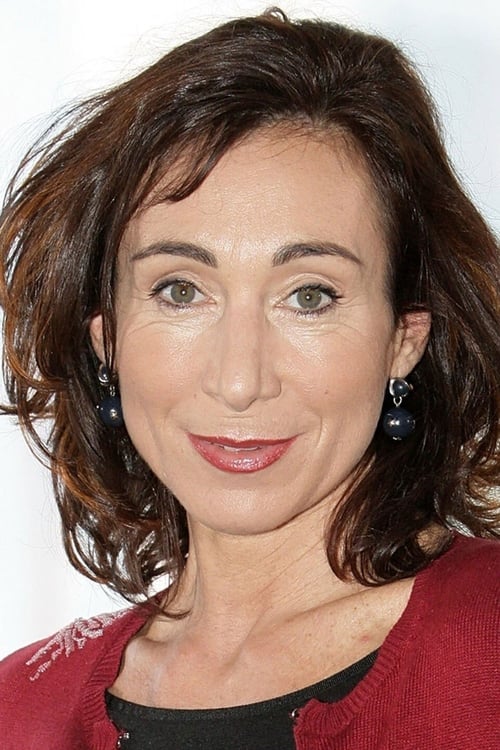
Riwayat Hidup
From Wikipedia, the free encyclopedia.
Andrea Eckert (born 17 September 1958) is an Austrian stage and film actress, singer and documentary filmmaker.
Born in Vienna, Eckert first studied literature in Paris, France, then decided on a stage career and trained with Dorothea Neff.
Her roles have included the eponymous heroines in Hebbel's Judith, Schiller's Maria Stuart, Jelinek's Clara S.
, Sophocles's Elektra, Kleist's Penthesilea, and Maria Callas in Terrence McNally's Meisterklasse (Master Class).
Eckert has frequently appeared on television (for example in guest roles on Kommissar Rex) and in the cinema.
She also made documentaries about Lucia Westerguard, Turhan Bey, and Leopold and Josefine Hawelka.
She lives in Vienna.
Description above from the Wikipedia article Andrea Eckert, licensed under CC-BY-SA, full list of contributors on Wikipedia.
Info Pribadi
Peran Yang Di Mainkan Andrea Eckert
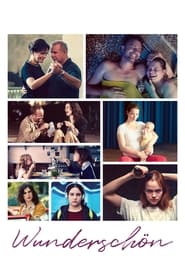 After two pregnancies Sonja struggles with...
After two pregnancies Sonja struggles with...Wunderschön 2022
After two pregnancies, Sonja struggles with her body feeling and the relationship with her husband Milan. Frauke, shortly before her 60th birthday, shares this fate and feels almost invisible to her husband. Daughter Julie is working on her modeling career, but a flaw is discovered on her body again and again ...
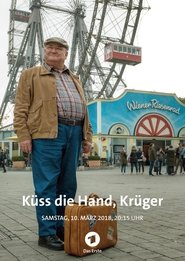 Paul Krger and his drinking mates...
Paul Krger and his drinking mates...Küss die Hand, Krüger 2018
Paul Krüger and his drinking mates can't accept their beer pub "Flachbau", reaching its 25th jubilee, is about to be closed because the publican Karin fell in love Internet-dating mundane gastronome "Hansi" Falkenheyn Waldstätten and wants to start a new life in his native Austria. Krüger and his buddy Bernd, who has a never-declared crush on her himself, leave Ecki 'guard the fort'in Berlin and travel to Salzburg to stop her wedding preparations. Krüger and Bernd's theory the groom may merely be after the Flachbau sale proceeds is unexpectedly confirmed by their local gentleman inn keeper Poldi, a charming ladies men who volunteers to sabotage scam artist Hansi, to whom he lost a meanwhile ruined lover, leaving only Karin to be forced to learn the truth about her groom before he gets her to the alter, a matter of hours.
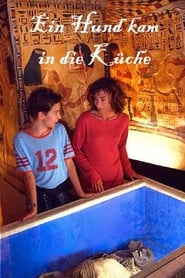 The teacher Senta falls in love...
The teacher Senta falls in love...Ein Hund kam in die Küche 2002
The teacher Senta falls in love with the award-winning chef Stefan, who rents out his romantic winegrower's house in southern Styria to her during the summer holidays. She soon notices that a quirky gendarmerie inspector is keeping the property under surveillance. Senta finds out too late that the policeman thinks Stefan is a multiple woman murderer and that she is trapped like bait.
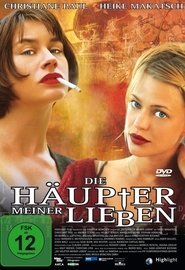 Two beautiful young women kill men...
Two beautiful young women kill men...Tails You Win, Heads You Lose 1999
Two beautiful young women kill men in a villa in Tuscany: Maya and Cora have been friends since childhood. Maya has an alcoholic artist father who deserted the family, a mentally disturbed mother and a violent brother, Carlo. Cora is from a wealthy middle-class family. Cora helps Maya to poison Carlo's friend Detlef, who is threatening to blackmail her. They then kill Carlo when he tries to rape Cora. Cora's family takes Maya in, and a happy time begins for her, particularly when they spend the summer in Italy.
 Herbert Krcal Roland Dringer and his...
Herbert Krcal Roland Dringer and his...Hinterholz 8 1998
Herbert Krcal (Roland Düringer) and his wife Margit (Nina Proll) dream of owning a home. They prefer to do this in the "Blue Lagoon", a prefabricated house park in the south of Vienna, where they regularly go on pilgrimage with their son Philipp. Just as regularly, they have to recognize the bitter truth that they cannot actually afford the dream house they have visited.
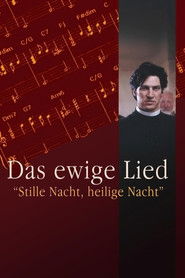 Assistant Pastor Josef Mohr arrived in...
Assistant Pastor Josef Mohr arrived in...Das ewige Lied 1997
Assistant Pastor Josef Mohr arrived in Oberndorf in 1818. In a time of political upheaval and economic hardship he writes a Christmas carol together with the teacher Franz Gruber. The main roles in Franz Xaver Bogners fictive history of the most famous Christmas song in the world "Das ewige Lied" play Tobias Moretti, Heio von Stetten and Erwin Steinhauer.
 A young man and woman meet...
A young man and woman meet...Before Sunrise 1995
A young man and woman meet on a train in Europe, and wind up spending one evening together in Vienna. Unfortunately, both know that this will probably be their only night together.
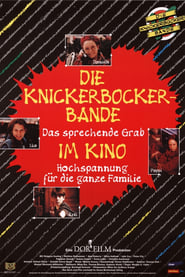 What are the Knickerbocker Band doing...
What are the Knickerbocker Band doing...The Knickerbocker Gang: The Talking Grave 1994
What are the Knickerbocker Band doing at midnight in the cemetery? Is a spirit really speaking form the sinister grave? Why does Melissa, daughter of the dead sorcerer, receive threats? Has it all to do with the mysterious legacy of the magician?
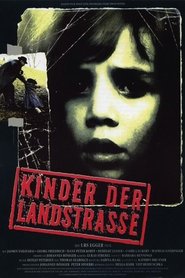 In 1939 after barely escaping the Nazis...
In 1939 after barely escaping the Nazis...Children of the Open Road 1992
In 1939, after barely escaping the Nazis, a Gypsy family returns to Switzerland only to be torn apart by racial persecution in the benign guise of children's welfare. This fictionalized story of Jana, an eight-year-old Gypsy girl snatched from her parents and consigned to a life of orphanages and bleak foster homes, is based on a little-known chapter of Swiss history: From 1926 to 1972, the state-supported Pro Juventute, a children's aid foundation, forcibly removed some 700 Gypsy children from their families, in order to sever the ties with their culture and assimilate them to a "better way of life." The underlying aim was to preempt a new generation's caravans from following their nomadic traditions along Switzerland's country lanes.

 A new collaboration between director Sigi...
A new collaboration between director Sigi...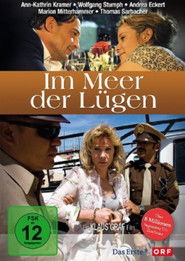
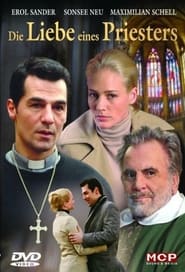 Franz Josef Gottliebs last movie
Franz Josef Gottliebs last movie

